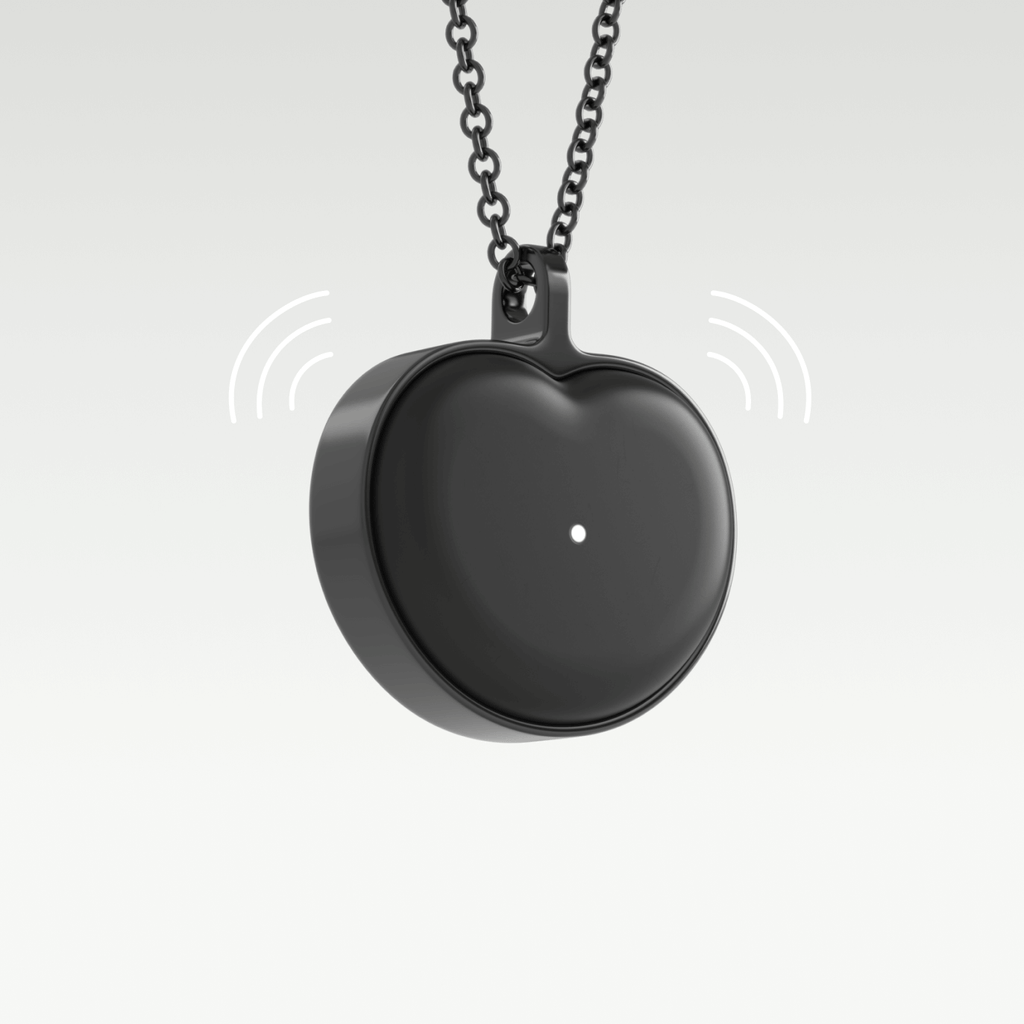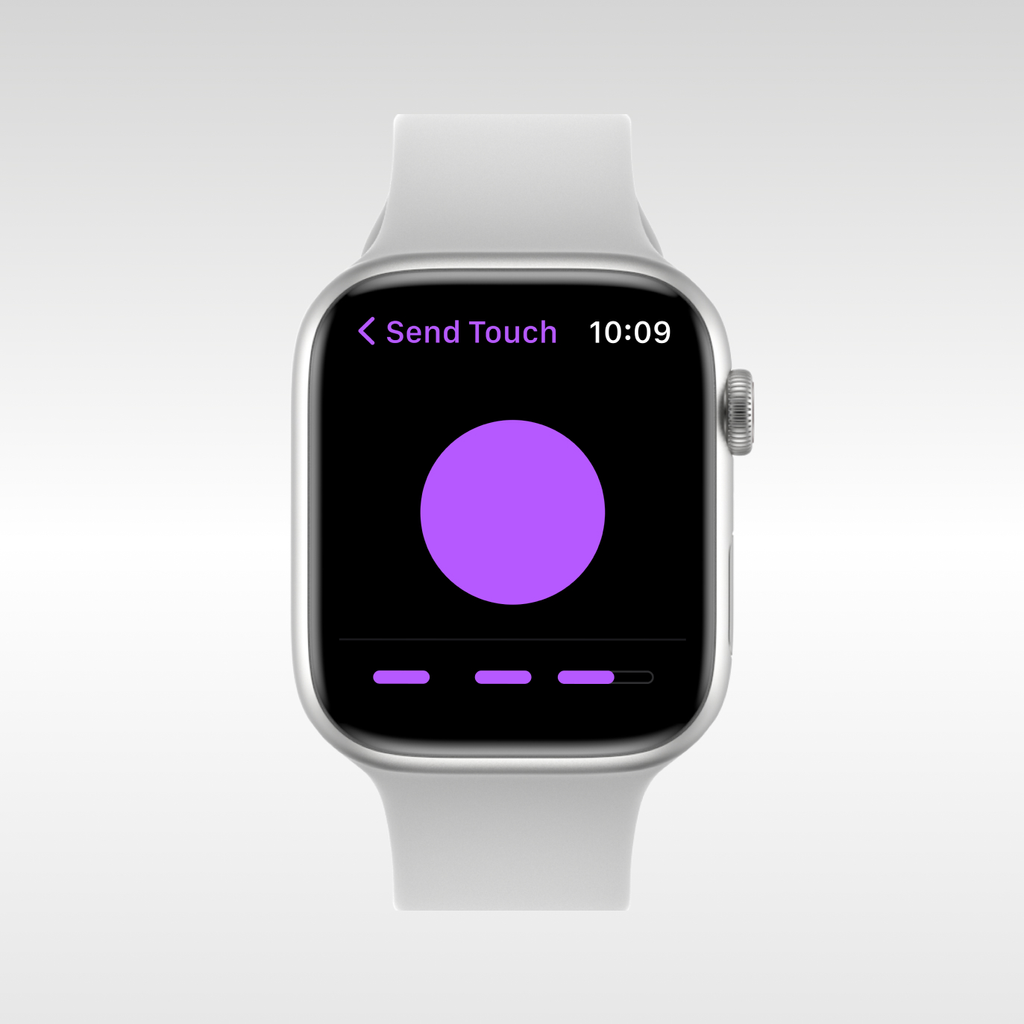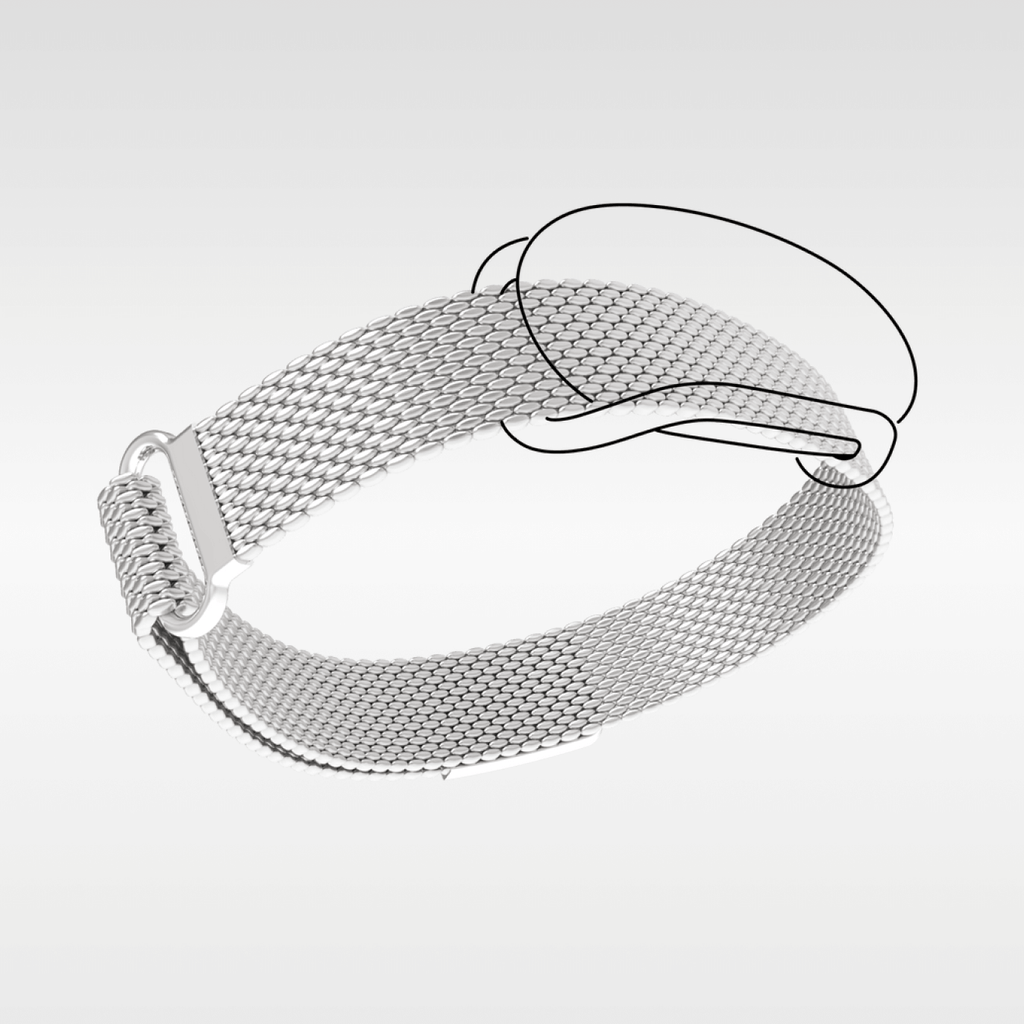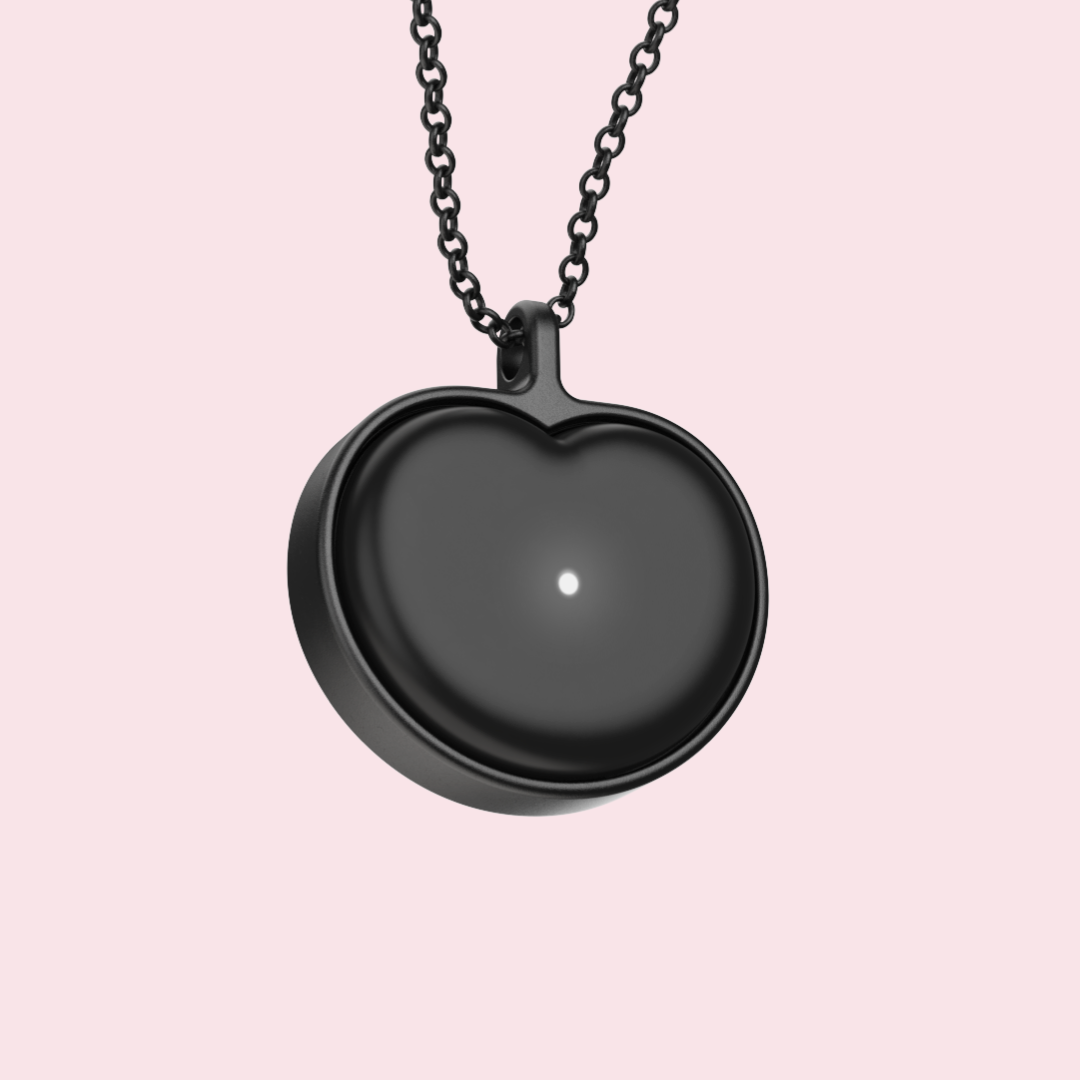Ironically, perhaps, the one that got away has always been there for me. This is the story of how we met, how I let her go, and why she matters.
When I was 18, I was faced with the issue of what to do for my gap year.
With the prospect of university ahead of me, I wanted to do something different, something big, something bold. I wanted to get out of my rural Cornish village and experience a little life.
But I was young, broke, and had never traveled outside of the UK by myself before.
Traveling to the typical traveler hotspots of Thailand or Australia was out of reach, financially, and the thought of spending my gap year working in my local bakery was abhorrent.
At a loss, I turned to my uncle, who recommended I travel to Israel to work in one of the many kibbutzim in the country, collective communities centered around agriculture.
A Gap Year in Israel
During the Eighties, a kibbutz was the go-to for young Westerners looking to see the world on a shoestring budget. You’d spend most of your week working, but use the kibbutz as base to explore the country and its surrounding regions.
Cheap, exotic, and different, It ticked all the boxes for me, and a few months later I found myself working on a kibbutz in the Negev desert, toiling away in the chicken farm (or lul) from 4am till midday, six days a week.
After a few months, I was introduced to Dafna through a mutual friend who also worked in the lul.
She was 22, a brunette, spiritually-minded, the best shooter in her Israeli Defence Force unit, and a typical Israeli.
Brusque, direct, and to-the-point, she spoke her mind without fear of offense or upset.
(She once told me, in her typically matter-of-fact style, that I was not as well-endowed as her previous partners — but that I used it better than her exes. A back-handed compliment if ever there was one, but a compliment nonetheless.)
Naturally, to an Englishman like myself, this was something of a rude awakening.
My mild English sensibilities, fear of causing offense or upset (implied or otherwise), and keen pursuit of the unspoken cultural rules that characterize British culture, were as far-removed from her direct style as our respective countries themselves.
Despite this (or perhaps, because of this), we hit it off immediately, and we embarked upon a fiery relationship together.
The coupling had all the passion and intensity of a holiday romance, but tenfold — bound by its brief temporality and our vastly different backgrounds, it was almost cinematic in its unfolding.
We’d spend most of our nights together, drinking local wine and smoking hashish, listening to music and talking and dancing and fucking and laughing. For a wet-behind-the-ears boy from the West Country, it was one of the most wild and intense periods of my life.
But nothing lasts forever, and eventually I had to return to the UK.
We knew it was coming, of course, and while I was eager to return home and see my family, our parting was bittersweet.
On my last day, as I waited for the bus to take me to Ben Gurion airport, I pressed my forehead against hers and told her: “this is real.”
And then, the one that got away, got away
I returned home, to the mundanity of my Cornish village life. We attempted a long-distance relationship for a while and she visited me in Cornwall once or twice, meeting my family and friends.
The distance took its toll and we split. It was painful but amicable, and we remain friends to this day.
But the unique nature of our relationship and our parting set it apart from so many of my other relationships.
We were torn apart, not by a gradual dissipation of affection or cheating or malice, but by time and circumstance.
As a result, our affection for one another, preserved in a bell jar by our breakup of necessity, remained untouched by the usual bitterness or sadness that characterize so many other relationships past.
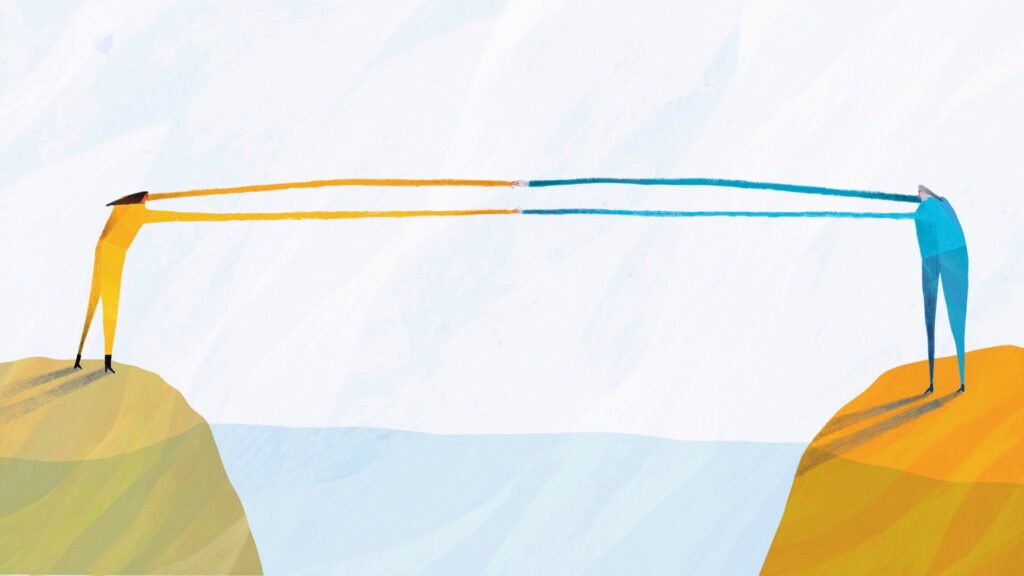
When we talk, our conversation is colored by our shared memories. There is a degree of comfort and ease in our conversation — no anger or reproach or jealousy.
We share news of our newest relationships, are happy for each other when we hear about it. Of course, if we were to meet again, it would not be as lovers, but as friends, but our friendship is all the more stronger for it.
This kind of friendship is a lifeline. The kind of relationship that lasts a lifetime.
I have had more than my fair share of relationships, serial monogamist that I am, and there are few that don’t end in a painful breakup.
This relationship, the one that got away (in a sense), gives me something to hold onto.
When a relationship falls apart, it is somewhat soothing to have the memory of another relationship that never soured, not properly. A happy memory of a relationship that worked, that bucked the trend, a memory that isn’t tinged with regret or sadness or bitterness or anger.
This kind of relationship, one that ended due to factors outside of your control, gives you something to hold onto when you are at your lowest ebb.
When the pandemic first hit, I was reeling from a toxic relationship and at the lowest I’d been in years. Confined to my home, the memories of good relationships past offered me some solace.
The one that got away serves as a reminder that, no matter what you’re facing now, there were (and still can be) good times.
Saccharine? Maybe.
Sentimental? Perhaps.
But when the world is in flames, when we are fresh from a painful breakup and your wounds are still sore, it is reassuring to have something to hold onto amidst the tumult.


